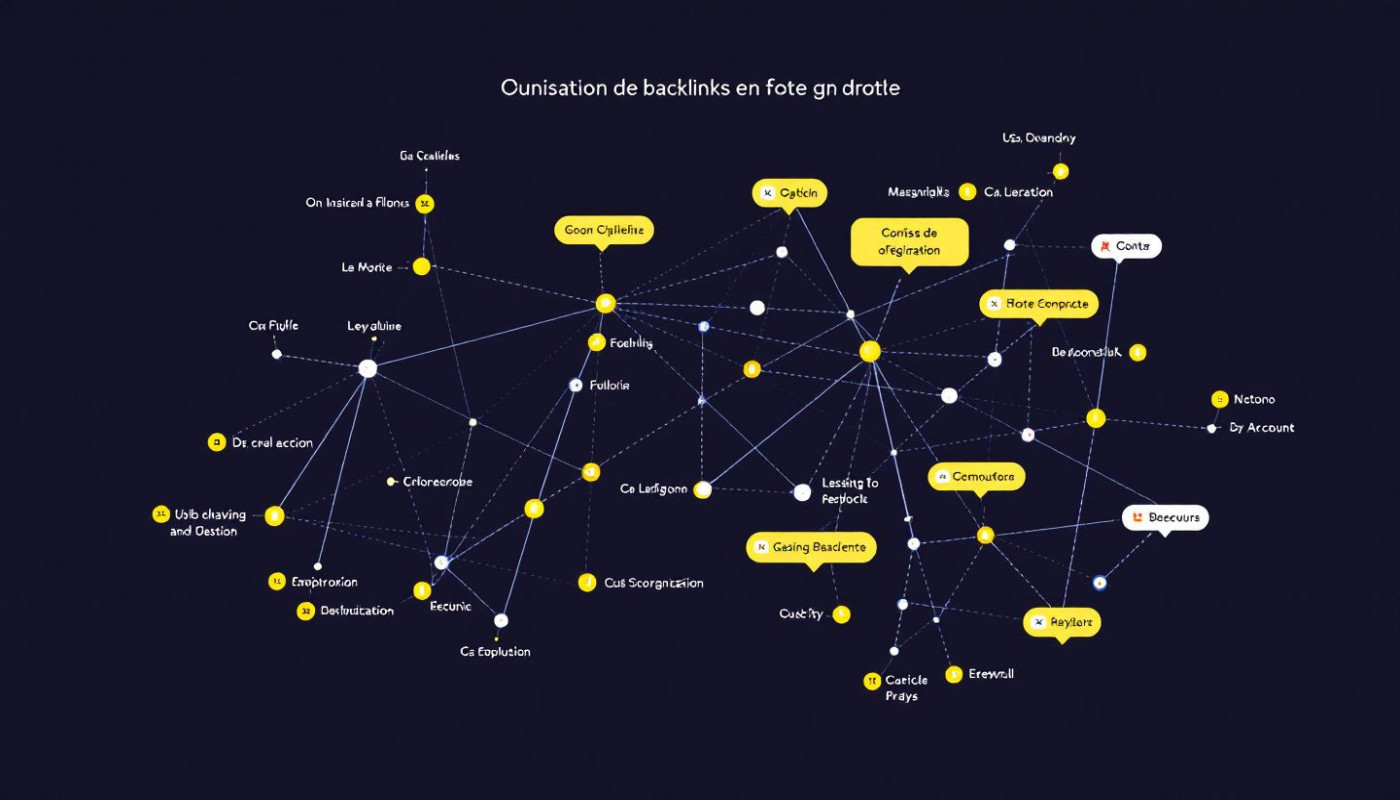Table of contents
In an age where customer relationships can make or break a business, selecting the appropriate Customer Relationship Management (CRM) system has become a pivotal decision for companies across various industries. With a myriad of options available, pinpointing the right system requires a strategic approach tailored to specific industry needs. This guide aims to unveil the factors that should guide this decision, enhancing both customer satisfaction and business efficiency. Read on to discover how to identify the CRM system that aligns perfectly with your industry's unique demands.
Understanding Your Industry's CRM Requirements
Finding the right Customer Relationship Management (CRM) system hinges on recognizing the industry-specific CRM features that can streamline operations, improve customer engagement, and enhance data management. In the financial sector, for instance, CRM data security is nonnegotiable due to stringent regulatory requirements and the sensitive nature of financial data. A CRM in this sphere needs robust encryption and access controls to safeguard client information and ensure compliance with industry regulations. Meanwhile, technology firms may prioritize CRM integration capabilities, allowing seamless connectivity with other software and tools to create a unified platform for sales, marketing, and customer support.
For businesses in the retail space, a customer service CRM could be the linchpin for success. Such systems are designed to manage customer interactions effectively, track purchasing behaviors, and deliver personalized service, which can foster loyalty and repeat business. It's often the CIO or CTO who can provide detailed insights into how a particular CRM can cater to these specialized needs, taking into account the scalability, usability, and compatibility with existing workflows.
Undoubtedly, regulatory compliance is a significant concern across various industries, influencing CRM selection. Adhering to regulations not only avoids hefty fines but also builds customer trust. When evaluating CRMs, it's imperative to consider how the system will manage and store data in compliance with legal standards. Whether it's for health care, real estate, or any other sector, ensuring that your CRM meets industry-specific legalities is a foundational requirement for any system under consideration.
Evaluating CRM Functionality and Scalability
Finding a feature-rich CRM that can evolve alongside your business is a pivotal step in supporting long-term success. A CRM functionality evaluation should delve into the specifics of what the system can do today and how it can expand to meet future demands. When considering a new CRM system, it is advisable to look for modular architecture. This design principle ensures that as your business grows and your needs change, you can add or remove components from your CRM without disrupting your entire operations. This adaptability is at the heart of an adaptable CRM system, making it possible to scale up functionalities to align with business growth CRM strategies.
Those responsible for selecting a CRM, such as the Director of Sales Operations or a CRM Systems Manager, will appreciate a system that not only meets current needs but can also scale without incurring prohibitive costs or complexity. When embarking on a CRM scalability assessment, they will consider several factors, such as the ease of adding new users, integrating with new technologies, and expanding to new markets or product lines. It's valuable to identify a CRM platform that is known not just for its robust features at the outset, but also for its capacity to grow with your enterprise.
For organizations actively seeking out such a platform, "CRM, CRM Software" provides a resource for discovering software that can propel a business forward, ensuring that the system you choose will not only serve your current industry needs but also adapt seamlessly to future challenges and opportunities.
Considering User Experience and Adoption
The effectiveness of a CRM system is significantly influenced by the user experience it provides and the rate at which it is adopted by a company's workforce. A CRM that boasts a user-friendly interface often sees higher adoption rates, as employees are more likely to engage with software that is intuitive and easy to navigate. These user-friendly CRM interfaces are pivotal in reducing the resistance often faced when implementing new technologies. In supporting a smooth transition, CRM training programs play a vital role. They equip users with the necessary skills and knowledge to fully leverage the CRM's capabilities, hence improving CRM adoption overall.
From the perspective of someone in charge of customer experience, such as the VP of Customer Experience, it's clear that the way users interact with a CRM can make or break its success within an organization. The Head of User Training would agree that thorough and accessible training materials and sessions are indispensable in cultivating a proficient user base. Additionally, the process of user onboarding is key in this context—it is a structured method for introducing new users to a CRM system, ensuring they understand its functions and can start using it effectively from the outset. Incorporating strategies focused on CRM user experience and CRM adoption rate can lead to a more efficient, data-driven business environment.
Integration with Existing Systems and Data Migration
When it comes to pinpointing the right CRM system for your business, one cannot overlook the importance of CRM system integration. Integrating a new CRM with the existing technological ecosystem is paramount to maintain continuity of operations and leverage the full potential of customer data. The process of seamless data migration is equally significant, ensuring that all valuable customer information is accurately transferred without loss or compromise. CRM data transfer challenges are common, and might include issues such as data compatibility, loss of data integrity, and prolonged downtime during the transition.
Organizations should pay close attention to CRM compatibility with their current software applications and infrastructure. API connectivity stands out as a technical term that holds great importance in this context; it is indispensable for allowing different software systems to communicate effectively. A Chief Data Officer or an Integration Specialist would have comprehensive knowledge on these technicalities and be able to foresee integration obstacles, recommending solutions that cater to your industry's unique requirements.
Cost Consideration and Return on Investment
When it comes to selecting a CRM system, understanding the dynamics of CRM cost consideration is vital. A thorough evaluation of upfront CRM costs, including software licensing, customization, and implementation fees, is necessary to establish a clear financial baseline. Yet, it's not just the initial outlay that merits attention. A savvy Chief Financial Officer or Financial Analyst will also scrutinize the long-term CRM value, taking into account ongoing maintenance, support, and potential upgrades. Besides these considerations, an astute analysis of CRM return on investment is imperative. This includes projecting how the CRM will enhance productivity, customer satisfaction, and ultimately, CRM impact on revenue. Aligning these financial forecasts with business goals can illuminate whether the anticipated revenue growth justifies the CRM expenditure. To encapsulate these expenses, the concept of 'total cost of ownership' or TCO is often employed. This term offers a comprehensive view by accounting for all costs associated with the CRM over its lifespan, providing a more accurate picture of its financial viability.
Similar

How Affordable Backlink Services Impact SEO Results?

Exploring The Benefits Of Free AI-Powered Chat Services

Creating high-performance landing pages for lead generation in tech startups

Exploring The Benefits Of Generative AI In Enhancing Chatbot Conversations

Boosting Business Sales Through Enhanced Online Visibility

How A Free Online Tool Can Enhance Email Verification Processes

Exploring Cost-effective Strategies For New Entrepreneurs In Dynamic Markets

How Graphic Facilitation Can Transform Your Professional Meetings

Exploring The Role Of Generative AI In Enhancing Cybersecurity Measures Within The Restaurant Industry

Adapting Your Brand Voice For International Markets: The Role Of Translators In Global E-Commerce Success

